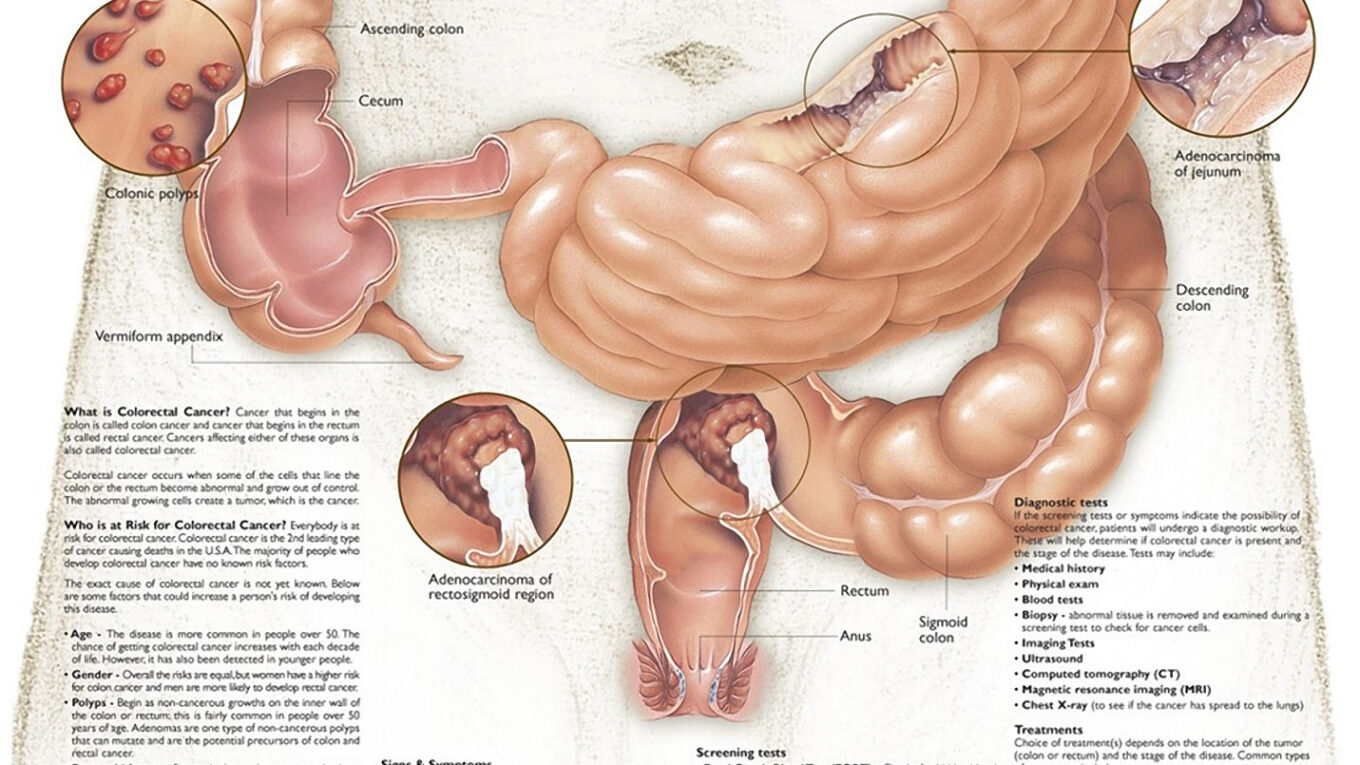The Link Between Weight Loss and Lowering Colorectal Cancer Risk
Research suggests that obese and overweight individuals who successfully shed unwanted weight could reduce their likelihood of colorectal adenoma later, which is a type of benign growth or polyp in either the rectum or colon that can potentially lead to cancerous growths.
Colorectal cancer is one of the three most prevalent cancers and leading causes of cancer death among both women and men in the US.
Obesity has increased worldwide over the past 30 years, leading to numerous chronic diseases and becoming an established risk factor for colorectal cancer and colorectal adenomas.
Losing weight is often recommended to obese and overweight individuals, and while weight loss has several proven health advantages, its impact on colorectal adenoma risk remains uncertain.
Most research on colorectal adenoma risk has focused on obesity or BMI measurements at one point in time; only few studies have attempted to uncover how weight fluctuations impact risk.
Researchers examined weight change over three adulthood periods related to colorectal adenoma using self-reported weight data obtained from the Prostate, Lung, Colorectal and Ovarian Cancer Screening Trial comprising of 154,942 women and men between 55-74.
The trial assessed various screening approaches in helping to prevent death from various cancers, and this current study utilized data from individuals involved in the screening phase of this trial who underwent colorectal cancer screening at both its start and again 3 or 5 years later.
Studies revealed that adulthood weight loss, defined as losing 1.1 pounds every five years or more, was associated with a 46% reduction in colorectal adenoma risk – particularly among individuals who started off obese or overweight.
The study also revealed that adulthood weight gain was linked with an increased likelihood of adenoma, specifically if more than 6.6 pounds was gained over 5 years. Weight gain and loss results appeared stronger among men compared to women.
Researchers stress the significance of maintaining a healthy weight throughout adulthood as a key means of preventing colorectal adenoma. Individuals who are obese or overweight could reduce their colorectal adenoma risk through weight reduction efforts.
Study results demonstrate that weight control among adulthood may help lower the risk of colorectal adenomas, potentially decreasing colorectal cancer risk in turn.

